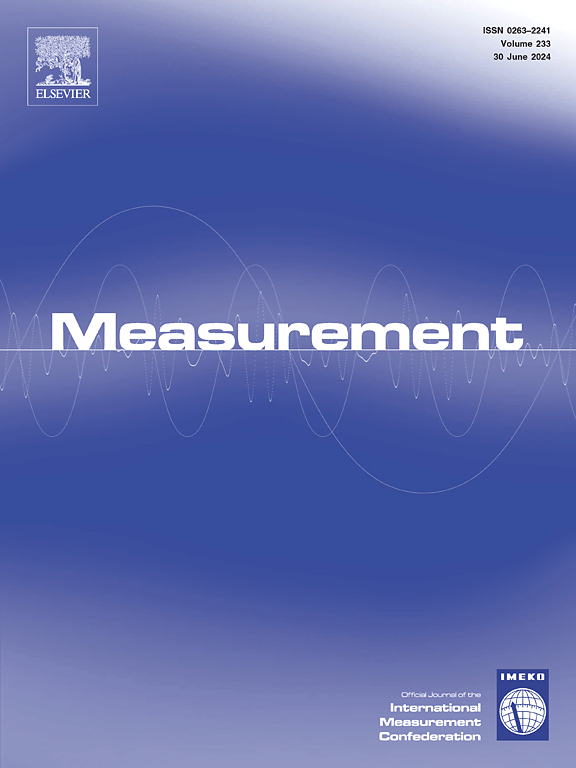Research on the detection technology of goniometric accuracy of space-based binary stars
IF 5.6
2区 工程技术
Q1 ENGINEERING, MULTIDISCIPLINARY
引用次数: 0
Abstract
Precise measurement of angular positions in space-based observations is essential for improving the accuracy of target localization and identification. This paper presents an in-depth investigation into the accuracy of space-based binary star goniometry and introduces a polarization imaging technique based on a split focal plane. Leveraging binocular triangulation principles, we establish a theoretical model to evaluate the angular measurement performance of binary star systems. To validate the effectiveness of the proposed split-focal-plane polarization imaging method in enhancing goniometric accuracy, we construct experimental platforms under varying environmental conditions. Objective evaluation methods are employed to compare the angular accuracy of single-star polarization imaging versus single-star visible-light imaging, as well as binary-star polarization imaging versus binary-star visible-light imaging, in both daytime and evening scenarios. Experimental results show that, compared to traditional visible-light imaging, the split-focal-plane polarization imaging technique significantly enhances goniometric accuracy and improves both the probability of spatial target recognition and the precision of localization. This research offers valuable theoretical insight and practical relevance for space science and related applications.
天基双星几何精度检测技术研究
天基观测中角位置的精确测量对于提高目标定位和识别的精度至关重要。本文对天基双星几何测量精度进行了深入研究,并介绍了一种基于分离焦平面的偏振成像技术。利用双目三角测量原理,建立了评价双星系统角度测量性能的理论模型。为了验证所提出的分焦平面偏振成像方法在提高几何精度方面的有效性,我们构建了不同环境条件下的实验平台。采用客观评价方法,对单星偏振成像与单星可见光成像、双星偏振成像与双星可见光成像在白天和夜晚的角度精度进行了比较。实验结果表明,与传统可见光成像相比,分焦平面偏振成像技术显著提高了测角精度,提高了空间目标识别概率和定位精度。该研究为空间科学及其相关应用提供了宝贵的理论见解和实践意义。
本文章由计算机程序翻译,如有差异,请以英文原文为准。
求助全文
约1分钟内获得全文
求助全文
来源期刊

Measurement
工程技术-工程:综合
CiteScore
10.20
自引率
12.50%
发文量
1589
审稿时长
12.1 months
期刊介绍:
Contributions are invited on novel achievements in all fields of measurement and instrumentation science and technology. Authors are encouraged to submit novel material, whose ultimate goal is an advancement in the state of the art of: measurement and metrology fundamentals, sensors, measurement instruments, measurement and estimation techniques, measurement data processing and fusion algorithms, evaluation procedures and methodologies for plants and industrial processes, performance analysis of systems, processes and algorithms, mathematical models for measurement-oriented purposes, distributed measurement systems in a connected world.
 求助内容:
求助内容: 应助结果提醒方式:
应助结果提醒方式:


